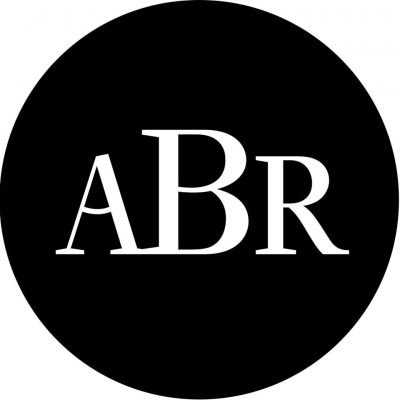Commentary
Dhvanyaloka, the Literary Criterion Centre at Mysore, derives its names from a classic Indian work of literary criticism and, by way of Cambridge, from T.S. Eliot’s journal of the 1920s. The Indian work saw literature as a spreading of the light, Eliot saw it as the maintenance and renewal of tradition. Mysore, Professor C.D. Narasimhaiah applies these two principles to the study of Commonwealth literature.
... (read more)There must be something horribly deformed about a society in which the lowest paid work is often the most demanding and the least dispensable. Why, for instance, is the wellbeing of our elderly not worthwhile enough for people to be paid to deliver Meals on Wheels? Who doesn’t believe that the nurture of children is an enormously responsible job? Does a rubbish tip attendant get better paid than a clerk? Course not.
... (read more)Have you ever noticed how otherwise intelligent journalists find it almost impossible to write seriously about Adelaide Festival’s Writers’ Week? Predictably, they seem compelled to joke about the prodigious quantity of booze consumed – but perhaps they have never attended a business or an academic convention. Then well-known visiting writers apparently must be called ‘literary lions’ – an alliterative cliché suggesting that these writers are somehow not really human. There is usually some marvelling at the miracle that for once the big names (the lions) haven’t dropped out – as though there have been no Writers’ Weeks since 1976, the last time they did drop out. And inevitably there is an awkward, giggly tone to their articles, suggesting acute discomfort or embarrassment.
... (read more)In the UK Bookseller, the self-named ‘organ’ of the VAT-proof Thatcherland, the gossip columnist, one Horace Bent, speculated that Simon and Schuster International were running their New York eyes over Thomson Books UK. However, Thomson, the umbrella sheltering Nelson from the noonday sun, along with pedigree icons Hamish Hamilton, Michael Joseph, and the slightly more louche Sphere and Abacus paperback lists, has chosen the dignified flippancy of Penguin over any other suitor. My source was impeccable, Penguins never lay eggs that don’t hatch, and the news is now yesterdays, unless of course you happen to be a Nelson employee crystal-gazing into the Penguin pond!
... (read more)In Australia, few publications regularly review children’s books for the information of the general reader/buyer. ASA chairman, Ken Methold, suggests that Australian writers need to advertise their varied skills and publicise their works. I agree.
... (read more)I saw an elderly, quite famous poet sitting all forlorn on a large boulder, neither quite inside a lecture room nor quite outside on the leafy lawn.
Her location, and the droop of her shoulders said, See, I am alone. I knew her, I had taken her once on a short publicity round in Sydney, years ago: should I stop and say, Remember me? Remember that book you wrote, how we thought it might change things, and perhaps it has.
... (read more)A grizzled, greying migrant, who was holidaying in Sicily after twenty years in Australia, attended a civic reception for participants in a seminar on Australian literature held in Piazza Armerina last January. His wife and three children were in Moonee Ponds. He was obviously pleased to speak with the Australians present as if they somehow confirmed his experience in a far-off land.
... (read more)Promoting a book north of Brisbane can be a wary business, especially if the author’s car carries a Canberra number plate.
In this most nationalistic of states, he must first establish his credentials as a Queenslander. In my own case, born at Boonah near Ipswich and with many years’ experience in the north, these were impeccable.
... (read more)






